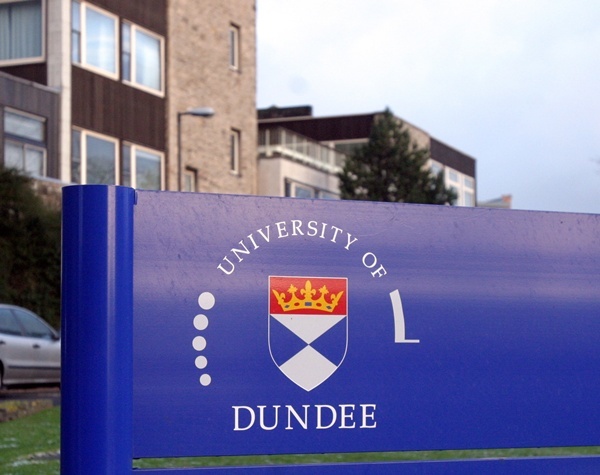Around 2200 people in Tayside are in treatment for drug problems but it’s difficult to know if it’s doing them any good.
A project being launched by Dundee University today has been set up to change all that, and give those who work with substance misusers and develop services for them the information needed to demonstrate what works and what doesn’t, and what progress individuals are making.
Dr Brian Kidd, who heads Tayside’s substance misuse services, said many people are given the drug substitute methadone. Some patients have been taking methadone for up to 15 years.
He said he would like to think they were progressing but that information was not available without instructing research and waiting for a report that would contain out-of-date information by the time it was completed.
“One of the arguments for methadone is that methadone improves a number of areas of social functioning,” Dr Kidd said. “If somebody is on methadone they should be more likely to get work (than an unstable street drug abuser), more likely to stay together with family and less likely to break the law.
“However, the success of achieving that will vary from service to service and what this (new system) would allow us to do would be to compare services to see if different services are getting the same level of success.”Cost effectiveSome services are also more expensive than others and as well as allowing scrutiny of results, the new system will allow assessment of what services are most cost effective.
The two-year project, backed with £300,000 of funding, aims to set up a system that will deliver “real time” information on patients who will have contact with statutory and voluntary organisations.
As well as his clinical duties in the Tayside Drug Problems Service, Dr Kidd is clinical senior lecturer in addiction psychiatry at Dundee University and will lead the new SUMIT (Substance Misuse Information – Tayside) project to develop effective systems of monitoring people with substance misuse problems. The scheme is funded through NHS Tayside and the Alcohol and Drug Partnerships in Dundee, Angus and Perth and Kinross.
“Good quality information on substance misuse has previously been very hard to get your hands on,” Dr Kidd said. “We are dealing with a large and complex population who often have problems across a number of areas including their health, social circumstances, childcare, criminal justice, unemployment.
“All of that activity throws up a wide array of information and what we will be doing with this project is finding the best way to join all of that up in a sensible way.”
“The end result for patients and authorities is that it will allow us to plan care more effectively, based on need, ensure a higher-quality service, direct resources in a more cost-effective manner and get better outcomes for everyone.”
Dr Kidd said there were about 4000 people in Tayside with drugs problems requiring treatment, though not all sought it. There were approximately 2200 in treatment, a figure that included an additional 1000 drug misusers brought in to treatment over the last year.
He confirmed that the majority of children on the child protection register locally live with a parent who misuses drugs or drink. There were still waiting lists for drug treatment but some patients were prioritised, such as those with children who may be at risk. Priority was also given to people leaving prison and others who may be suicidal.
Dr Kidd said 15-20 people a week left prison and were referred to Tayside Drug Problems Service. “People coming out of prison are at a high risk of overdosing,” he said. “It is a long recognised problem that when people who use drugs come out of prison, they overdose and die.”
He said the annual statistics for drug deaths in Scotland always include “a very significant portion who die within 72 hours of coming out of prison”, probably because of the quality of drugs they might get out in the community and their tolerance while in prison having dropped because they were not using drugs “to the same extent” as when outside.
